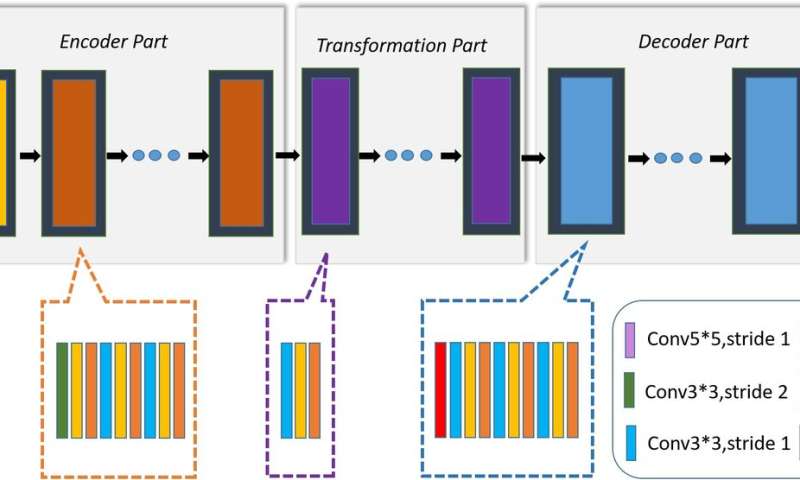
Positron emission tomography (PET), an advanced medical imaging technique, has been widely used in various clinical applications, including tumor detection and neurologic disorders.
Reducing the radiotracer dose could decrease the patient’s radiation exposure in PET imaging. However, it could also increase the noise and then affect the image quality.
Researchers from the Shenzhen Institutes of Advanced Technology (SIAT) of the Chinese Academy of Sciences proposed a direct PET image reconstruction network (DPIR-Net) using an improved Wasserstein generative adversarial network (WGAN) framework to enhance image quality.
The proposed network used sinogram data as input and output high-quality PET images directly, reducing reconstruction time compared with the traditional model-based reconstruction networks.
The researchers combined perceptual loss, mean square error, and the Wasserstein distance as the loss function, which solved the problem of excessive smoothness and loss of detailed information in the traditional network image reconstruction.
They compared the proposed DPIR-Net method with the current popular methods. The results demonstrated that it could quickly reconstruct and obtain high-quality images from low-dose PET sinogram data and produce finer image details than other methods.
Source: Read Full Article
